Employers and physicists can offer valuable support to students, providing one-off or ongoing advice on CVs and interview preparation, helping to build confidence and raising awareness about different career opportunities in a wide variety of industries.
SEPnet has brought together an empowering range of employer contacts and physicists to offer support to our diverse range of physics students – including undergraduates, graduates, postgraduates and PhD students across the full SEPnet network.
See below for our 14 mentors currently available, what they offer and their career areas. If you would like to be put in touch with one of our mentors, register online for the mentoring programme here and then contact employerengagement@sepnet.ac.uk to let us know who you would like to connect with and why. Please provide a copy of your CV if possible. We will then contact the mentor to check their availability and contact you.
For more detailed information on the programme, please click on the links on the images below.
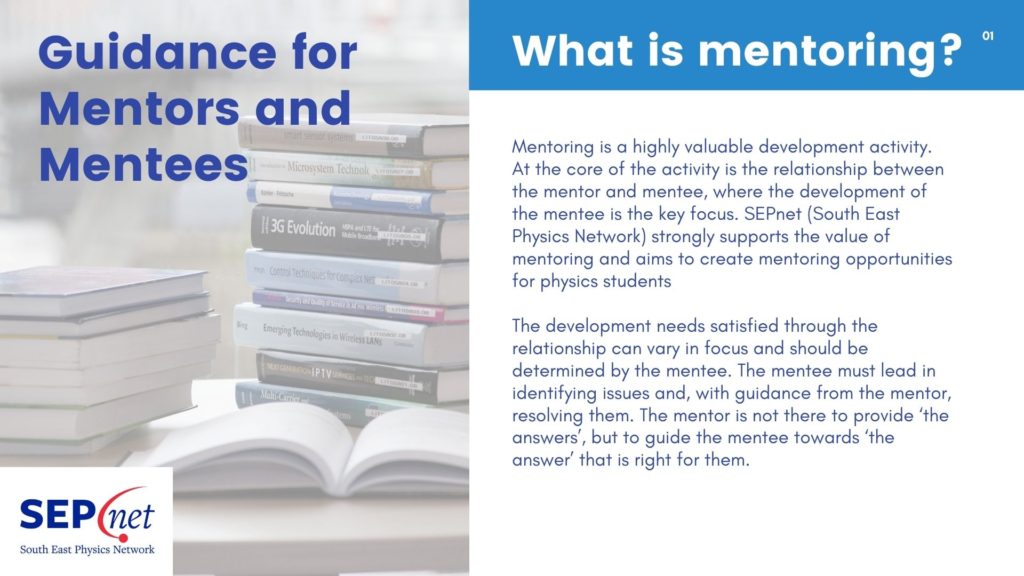
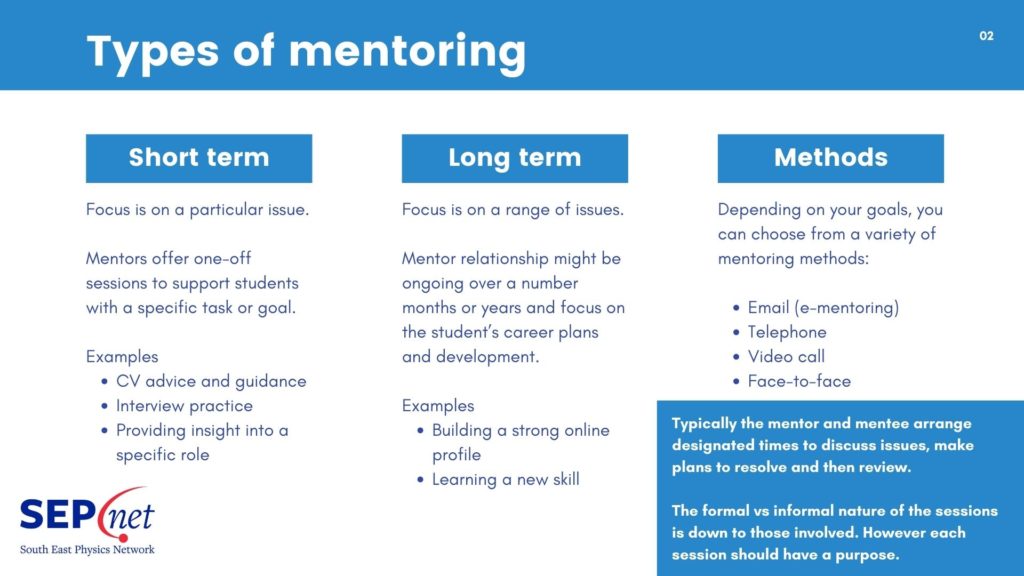
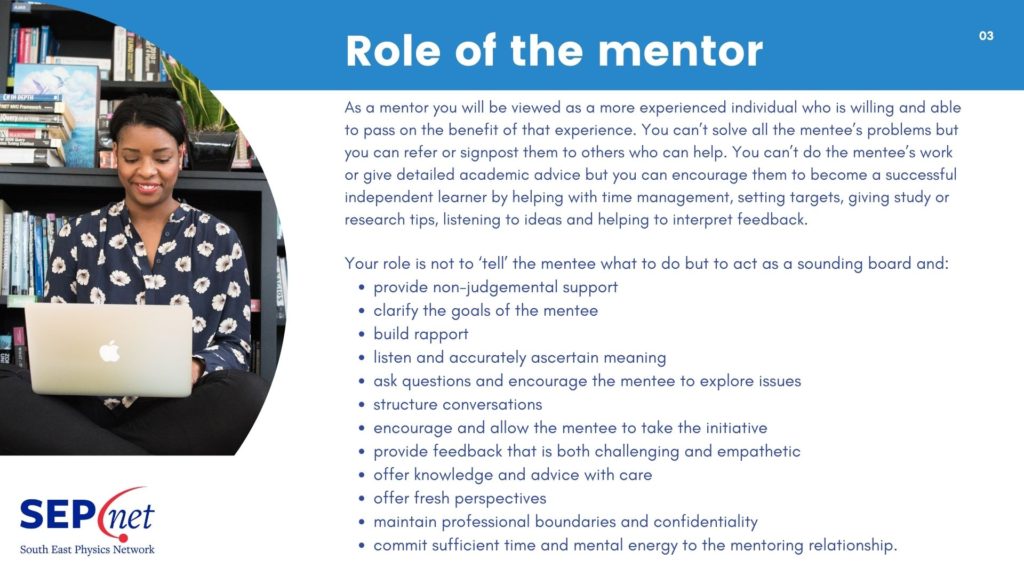
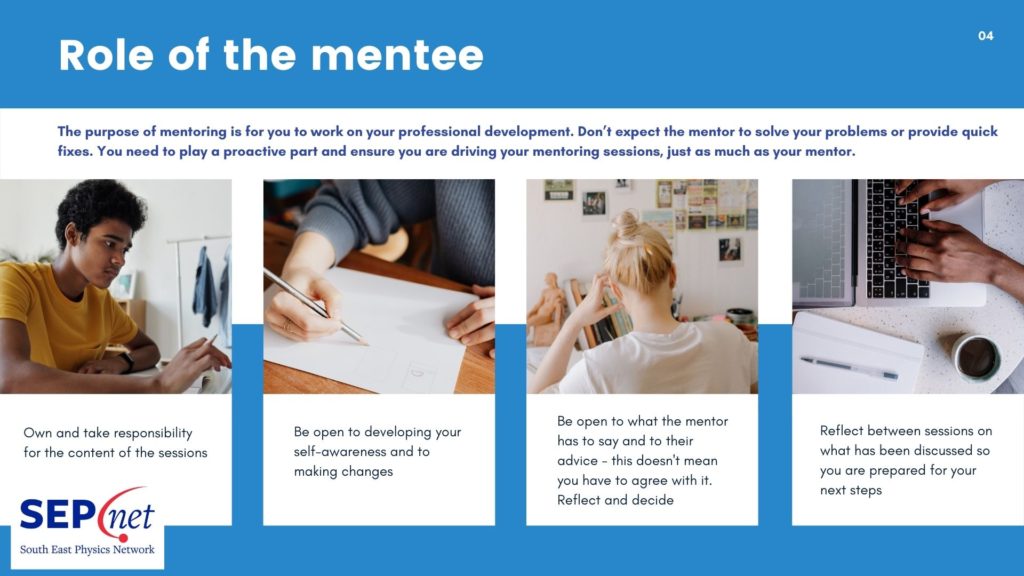
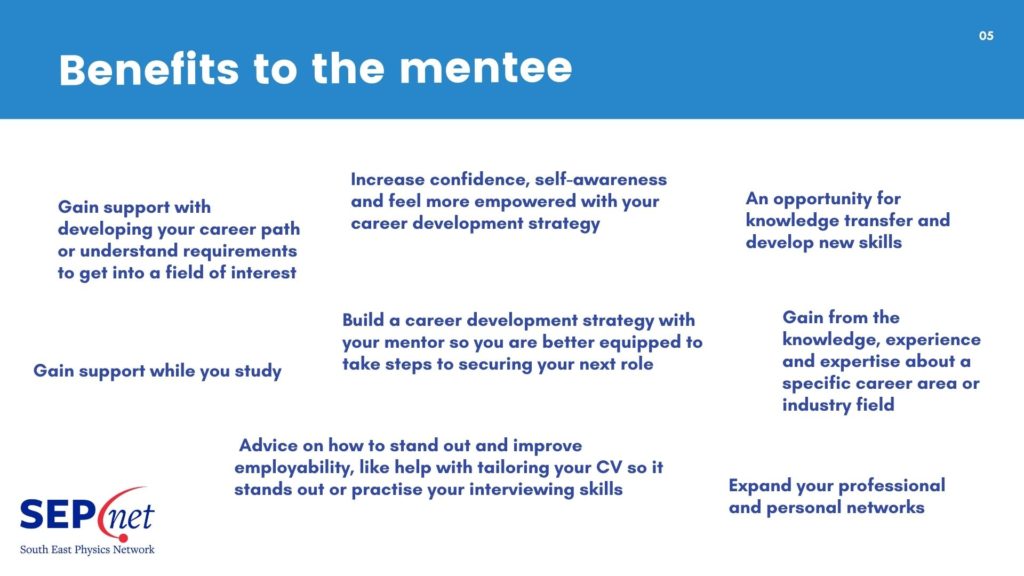
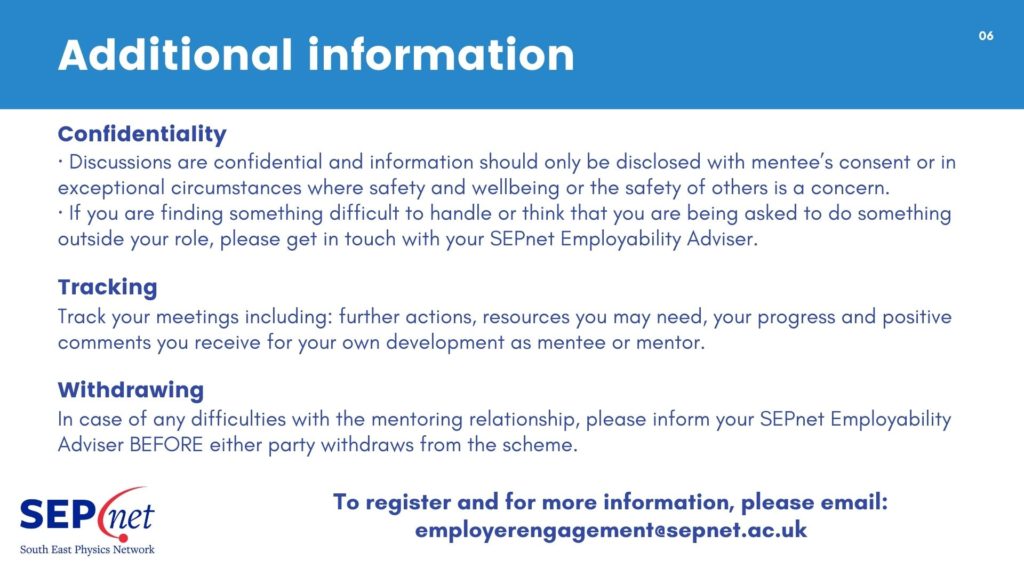
Mentor profiles
Olu Adedeji
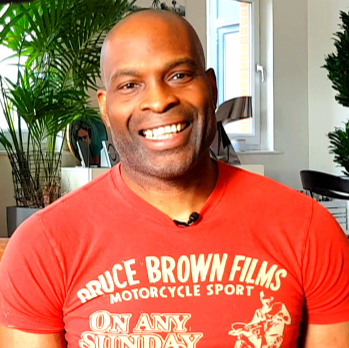
After graduating from the University of Brighton with a BEng Hons degree, I spent the next 20 years building a career in the investment banking domain where I led and mobilised several global technology teams in building financial platforms. Today I am the founder of StayHired, a hiring platform helping students and jobseekers find work with start-ups.
Able to support: Physics graduates, postgraduates and PhD students.
Types of support: One off and ongoing support. CV feedback, specialist industry knowledge, business knowledge, introductions to start-up founders.
Method of contact for mentoring: Video, e-mentoring.
Mahfuj Ali

I studied BSc Physics at Surrey University and then MSc Geophysics at an IDEA League institution in Europe. My placement was at a seismic processing company which was followed by a role at a utility surveying company. For the last 2.5 years, I have been working at Deloitte as a data analyst.
Often students are pushed into science and engineering, and alternative career paths aren’t always visible. General developer, data analyst and data scientist roles are in high demand and physics students would be ideal candidates for them, which I would like to highlight more.
Able to support: Physics graduates, postgraduates and undergraduates.
Types of support: Ongoing support. Specialist industry knowledge, business knowledge, interview advice.
Method of contact for mentoring: Video, face to face.
Darren Baskill
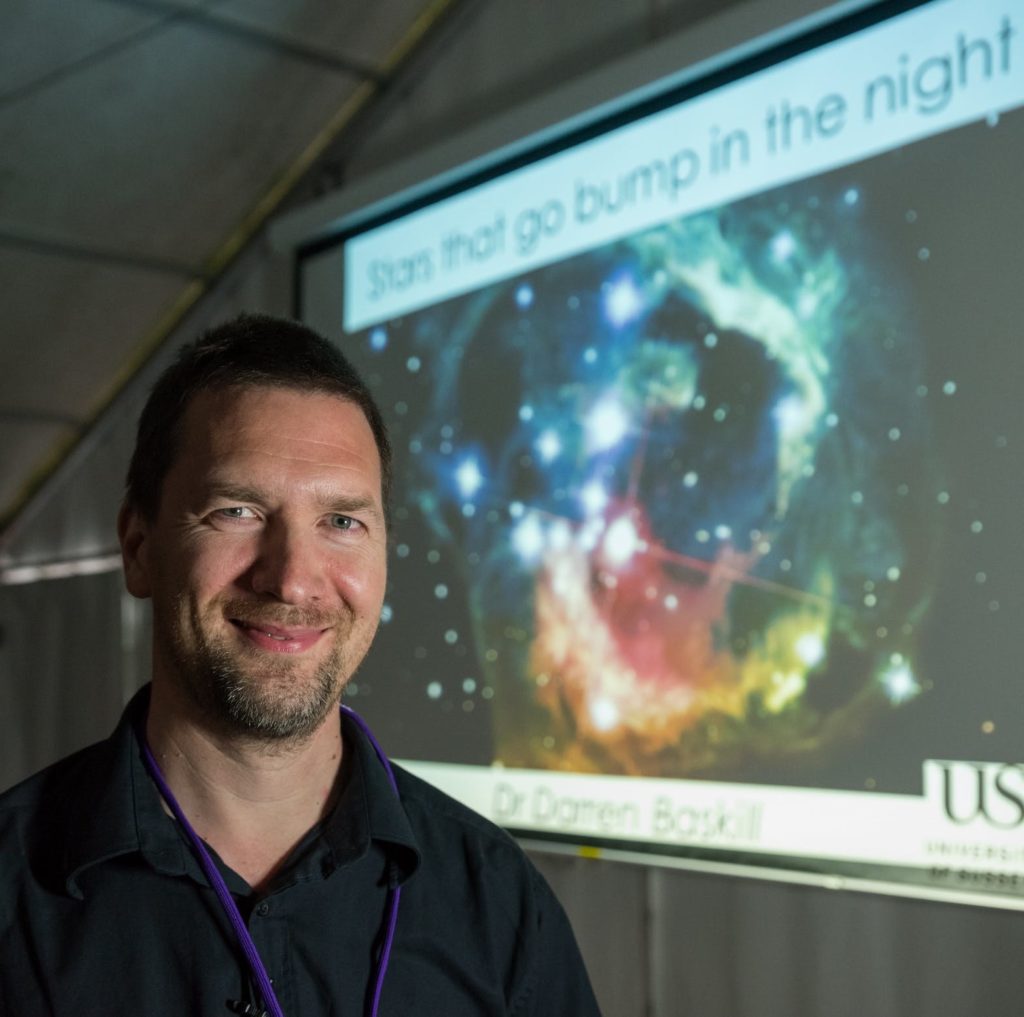
Astrophysicist, educator, photographer. I studied Physics with Astrophysics at the University of Leicester and I stayed on to do a PhD in X-ray astronomy, looking at the physics of cataclysmic variable binary star systems. I then spent 4 years calibrating the XMM-Newton Space Telescope ensuring that data sent back to Earth was calibrated to the highest quality.
I moved into outreach by teaching astronomy to the public and school groups at the Royal Observatory Greenwich – also where I initiated the popular ‘Astronomy Photographer of the Year’ competition. I am now an outreach and public engagement officer, and lecturer in the Department of Physics and Astronomy at the University of Sussex.
Able to support: Physics PhD students, graduates, postgraduates and undergraduates.
Types of support: On-off support. Specialist industry knowledge, CV feedback and interview advice.
Method of contact for mentoring: Video.
Rikki Douglas
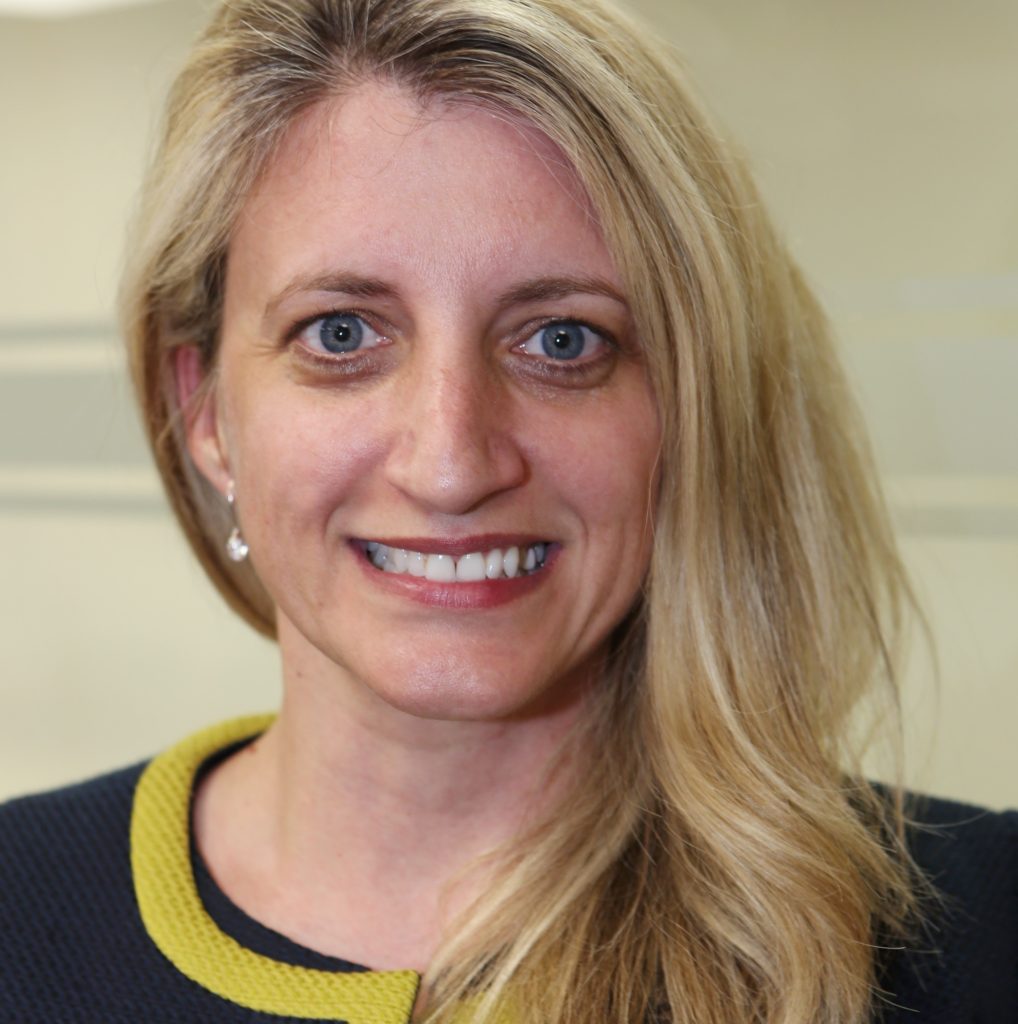
Currently Vice President Business Development – Sonar Systems at Ultra Electronics. FTSE 250 Defence Company. Prior to joining Sonar, I specialised in nuclear instrumentation and control for almost 20-years, working in both Civil and Defence Nuclear markets worldwide. I joined Ultra in 2012 and have since held a series of senior leadership roles.
I have an MPhys in Physics from Lancaster University and an MSc in Radiation & Environmental Protection from University of Surrey.
Able to support: Physics PhD students, postgraduates, graduates and undergraduates.
Types of support: One off or ongoing support. Specialist industry knowledge, business knowledge, CV feedback, interview advice.
Method of contact for mentoring: Video, telephone, e-mentoring.
Amy Hearst
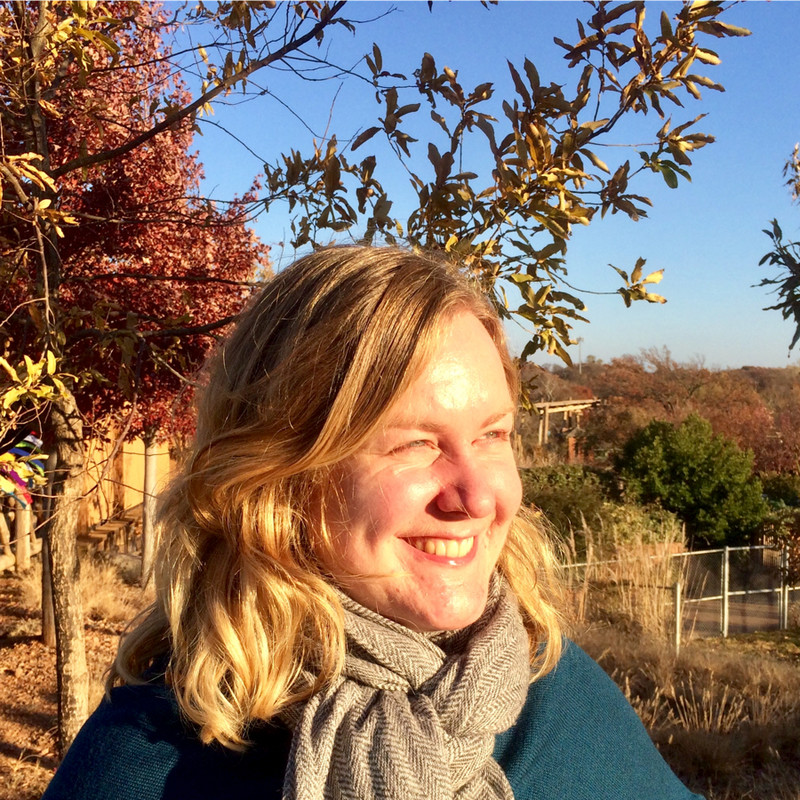
I am a Materials Engineer at Nordson XRAY in Southampton. We design and manufacture x-ray detectors for medical, industrial and research applications.
After graduating with an MPhys from the University of Southampton, I worked as a Process Engineer in a semiconductor fabrication cleanroom at Leonardo. I enjoyed working on thermal imaging systems and a satellite project. At Nordson XRAY, I was a Production Engineer but have now moved into a Materials Engineer position. I lead a project integrating scintillator technology which I am supporting with an MRes in Chemistry at the University of Nottingham.
Able to support: Physics postgraduates, graduates and undergraduates.
Types of support: Ongoing support. CV feedback, interview advice.
Method of contact for mentoring: Video calls.
Jenika Karsan

I am physics postgraduate, former Risk Analytics Consultant and B2B Marketing Manager and now proudly the Head of Global Marketing at a tech start-up. You can view my LinkedIn profile or visit my career development blogs on my website.
Able to support: Physics PhD students, postgraduates, graduates and undergraduates.
Types of support: One off or ongoing support. Specialist sector knowledge, interview advice, LinkedIn support – getting started.
Method of contact for mentoring: Video, telephone, e-mentoring.
Gwenaëlle Lefeuvre
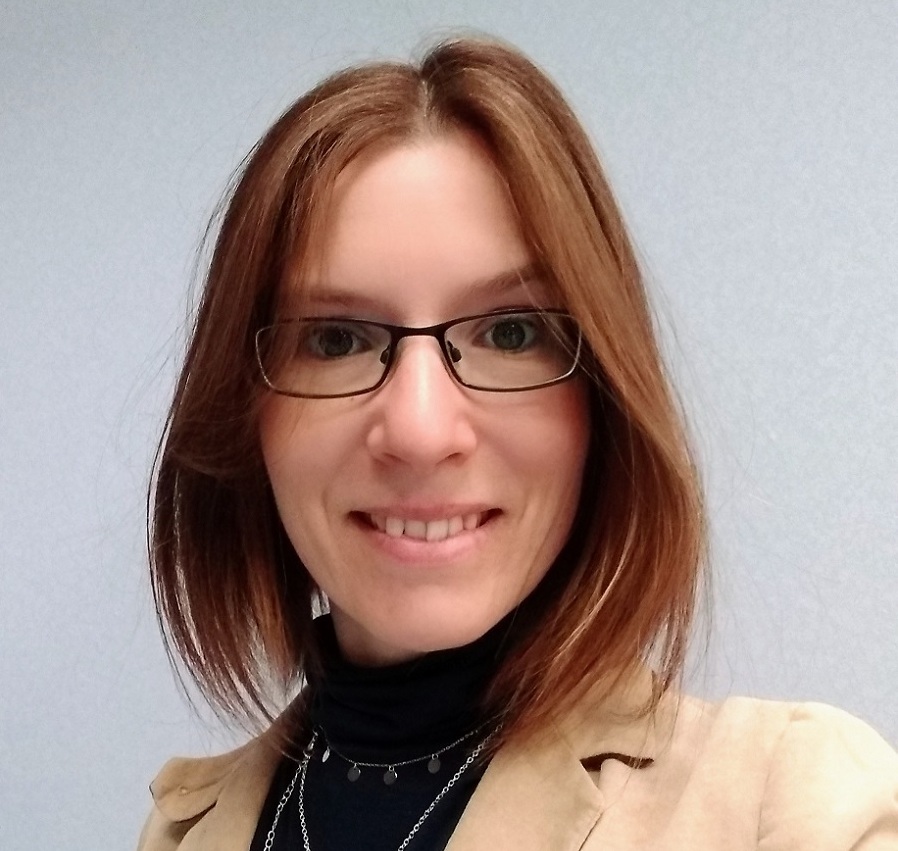
I am an experimental particle physicist (PhD) with ~10 years’ experience in academia and ~8 in industry. I’ve worked in various fields of particle physics and in three countries, until I decided I was better suited to industry and commercial research. Today I turn lab-grown diamonds into particle sensors at a highly specialised SME. I lead the department which I created from scratch: I design custom-built sensors, supervise the manufacturing and testing as well as generate commercial and research partnerships. I hope to inspire more young physicists to work in SMEs through my blog, Diffracted Word.
Able to support: Physics PhD students and undergraduates.
Types of support: One off support or ongoing (for 1-2 months). CV feedback, specialist sector knowledge, business knowledge
Method of contact for mentoring: Video, e-mentoring.
Charlotte Lister
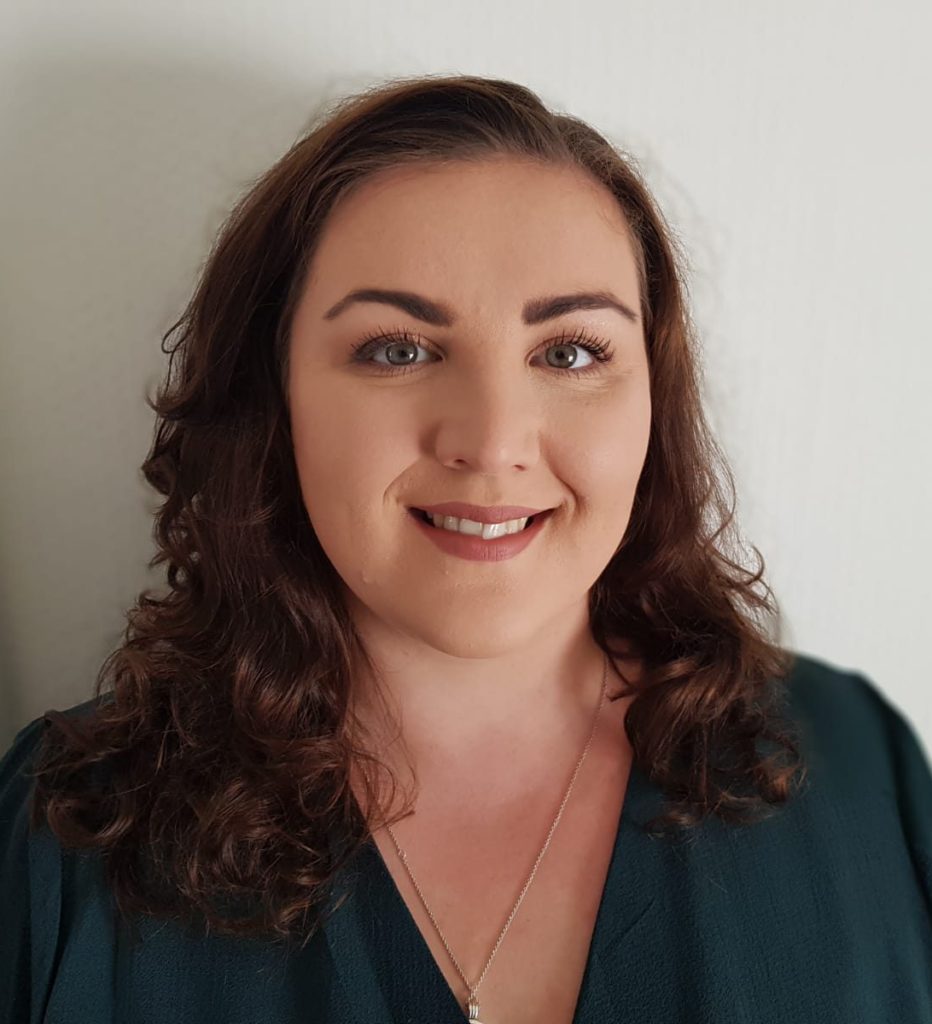
I’m a Bid Manager at Equiniti, a financial services firm. Skills I learnt at university and my SEPnet placement, such as problem-solving and critical thinking, have been of paramount importance during my professional career.
My degree has given me the chance to work in roles I couldn’t have planned for whilst at university e.g. RF engineer, software engineer, project manager and scrum master. Career highlights include attending DSEI, delivering a bid over £120m, managing graduates and apprentices, and supporting the Gender Network programme alongside my main role.
Able to support: Physics postgraduates, graduates and undergraduates.
Types of support: One-off and ongoing support. Business knowledge, CV feedback and interview advice.
Method of contact for mentoring: Video, telephone, face to face (if nearby).
William Marlow
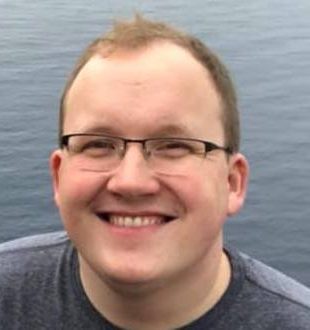
I have a theoretical physics background: 4 years studying mathematics at Cambridge University to master’s level, 4 years as a PhD student in string theory and the AdS/CFT correspondence at the University of Southampton. My research focused on applications of the AdS/CFT correspondence to problems in condensed matter physics and in measuring entanglement.
I currently work as a software engineer at IBM at the Hursley labs. I diagnose and fix complex issues with a software product that underpins many of the world’s banks, insurance companies and airlines. I’m also responsible for product security, diagnostic improvements and internal process improvements.
Able to support: Physics PhD students, postgraduates and graduates.
Types of support: One off or ongoing support. Specialist industry knowledge.
Method of contact for mentoring: Video, e-mentoring.
Rupert Mellor
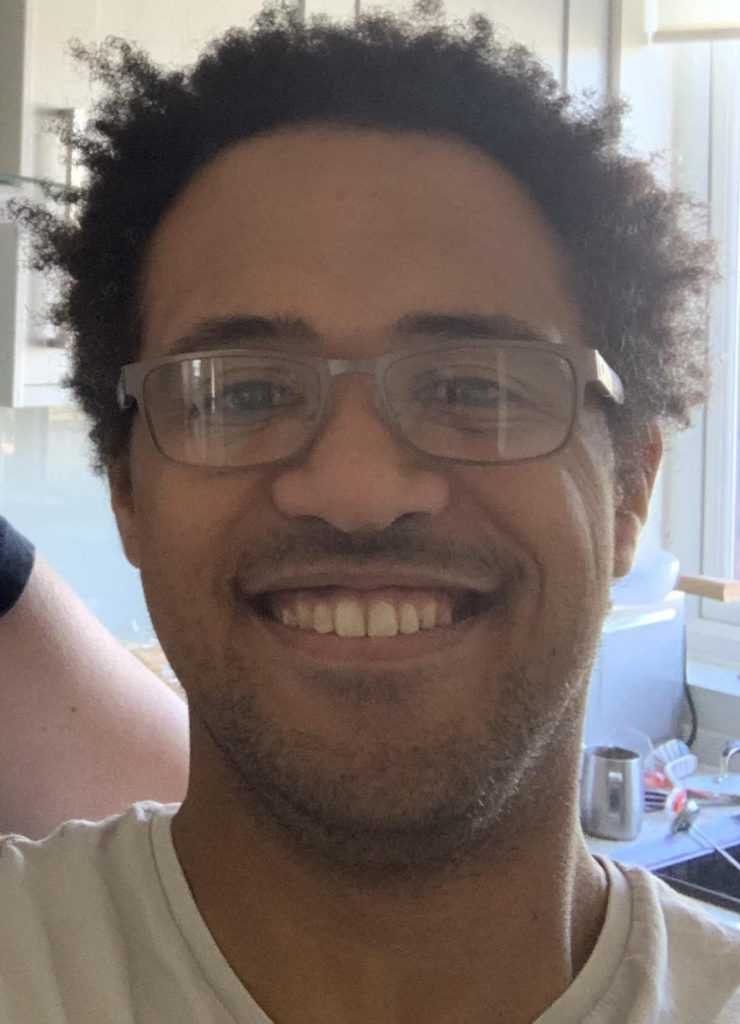
I studied physics MSci at Royal Holloway with a major project in condensed matter and continued studying there to get a PhD with the ultra-low temperature group. My thesis was on the development of nano-electro-mechanical devices for use as probes of quantum fluids, which is a quite interdisciplinary in scope. I took part in a lot of teaching and marking activities during my PhD, as well as running a first aid unit and society.
After I submitted my thesis I joined my current firm, WP Thompson, to train as a Patent Attorney putting all that broad knowledge to use. I am currently part-qualified, having been training for three years and have a few more exams to go until I am a qualified Patent Attorney in Europe and the UK.
Able to support: Physics PhD students, postgraduates, graduates and undergraduates
Types of support: One off or ongoing support. CV feedback, specialist industry knowledge.
Method of contact for mentoring: Video, telephone, e-mentoring.
Jim Nicholson
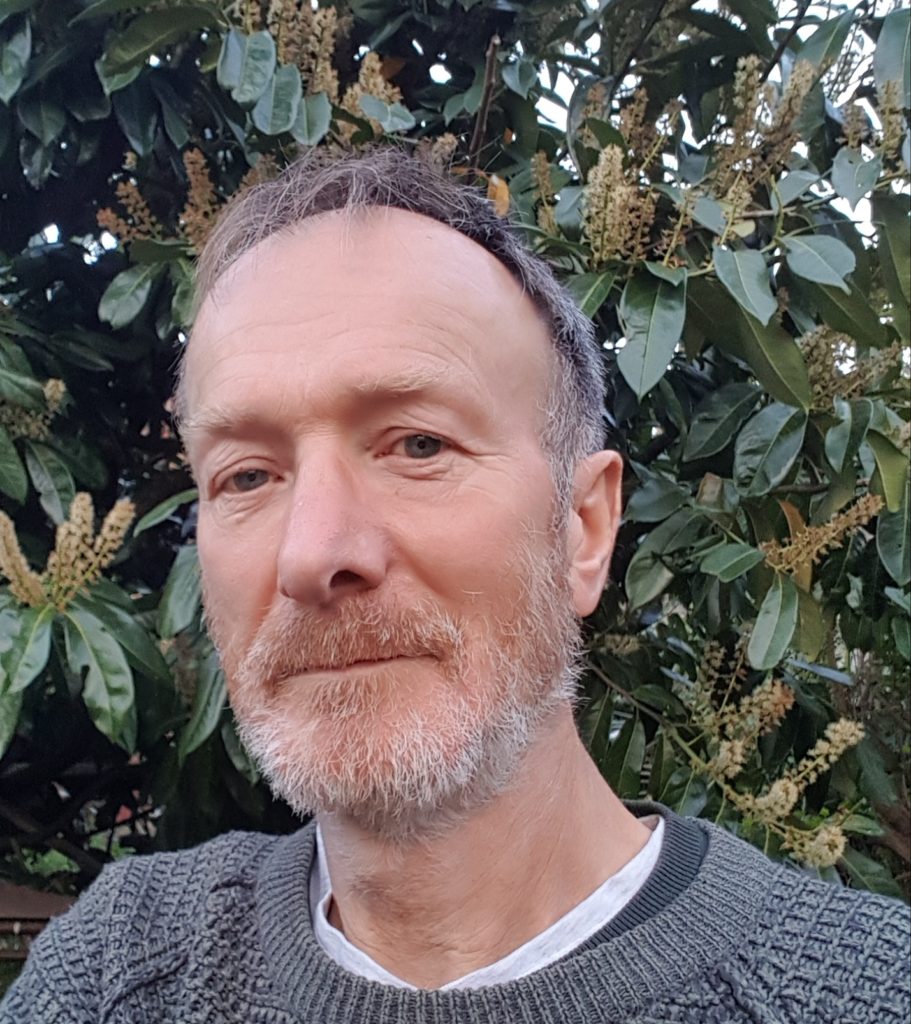
I am currently working as an independent consultant in the field of acoustics and signal processing, developing autonomous underwater listening systems. I was previously the Chief Scientist at QinetiQ Stealth Information department. I have supervised numerous research projects, often involving postgrad students and have devised and presented training for UK and foreign nationals, including at a GRADnet Summer School.
Able to support: Physics PhD students, postgraduates, graduates and undergraduates.
Types of support: One off or ongoing support. Specialist industry knowledge, tutoring or research supervision, proof reading and critical review of work.
Method of contact for mentoring: Video, e-mentoring.
Noelia Noël
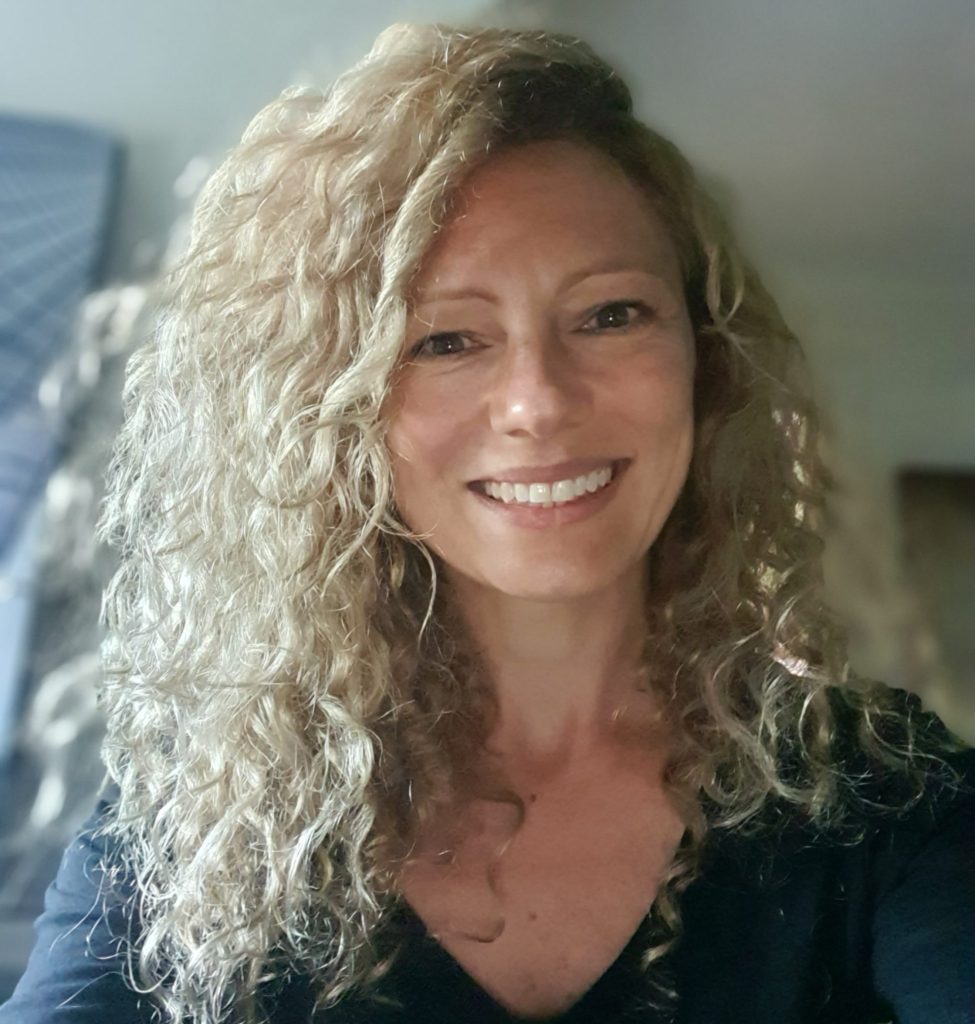
I am a lecturer in Astrophysics at Surrey. After obtaining my PhD in Spain I conducted research in various global institutions including University of Edinburgh, the Max Planck Institute for Astronomy in Germany and at ETH Zürich in Switzerland.
In addition to working in higher education, I have experience working in industry as a geophysicist, something that complements the understanding of graduate work in various environments. I am currently the main supervisor for 4 PGRs and the second supervisor for two further PhDs (including a Bell-Burnell PGR and a Department diversity PGR). I sit on several committees within the university and the UKRI (UK Research & Innovation).
Able to support: Physics PhD students, postgraduates, graduates and undergraduates.
Types of support: One off and ongoing support. Specialist knowledge, CV feedback, interview advice, wellbeing support.
Method of contact for mentoring: Video, telephone and e-mentoring.
Nuala O’Flynn
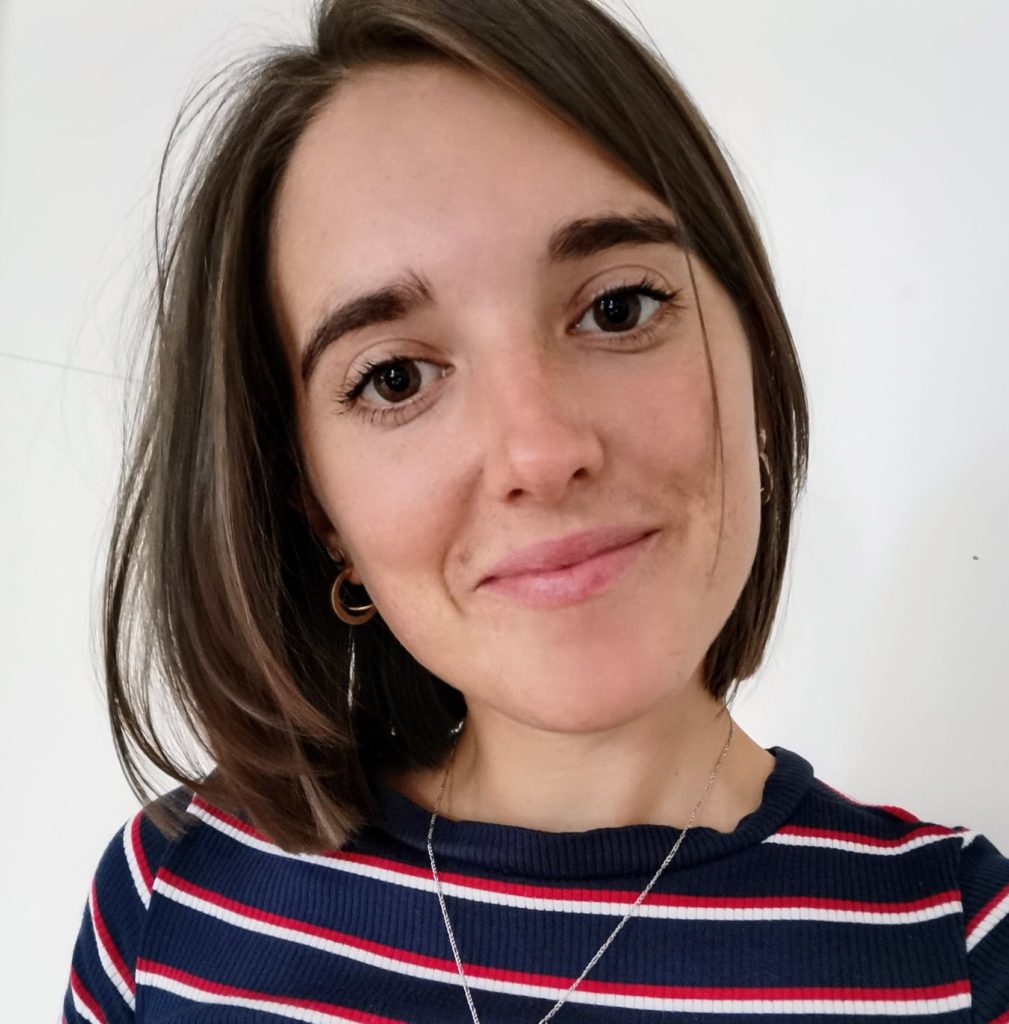
I studied physics and astrophysics at the University of Sheffield. After graduating in 2019 and working in some secondary schools, I became a physics outreach and public engagement officer at the University of Hertfordshire. I work to connect the public with the research in my department and to reduce the inequality in physics by showing students that anyone can study physics if they want to.
Able to support: Physics PhD students, postgraduates, graduates and undergraduates.
Types of support: One off or ongoing support. CV feedback, specialist sector knowledge.
Method of contact for mentoring: Video, telephone, e-mentoring.
Janet Preston
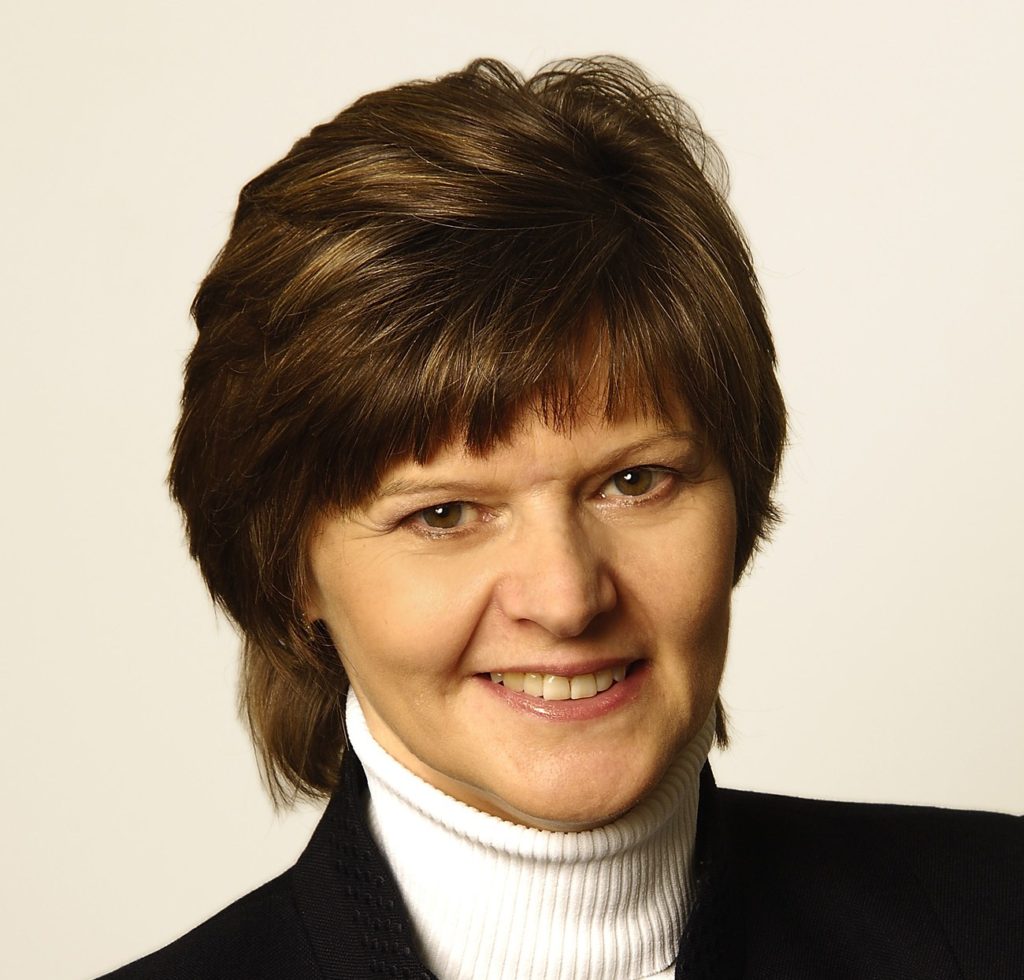
I am a research fellow in the Astrophysics Group and a visiting professor with the Surrey Business School at the University of Surrey. I returned to academia after a long and successful career starting off as a computer programmer before moving into business consultancy with a number of organisations, including helping start-ups. before finally running my own company.
Able to support: Physics postgraduates and graduates
Types of support: One off or ongoing support. Business knowledge, CV feedback, interview advice.
Method of contact for mentoring: Video, telephone.
Joseph Hayling
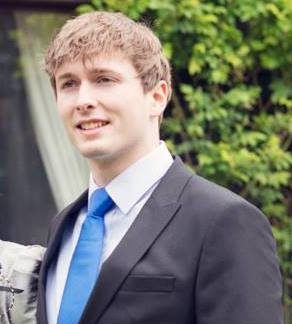
I completed my MSci in Theoretical Physics at QMUL from 2011-2015, then continued a PhD in String Theory from 2015-2019 at Queen Mary University of London.
During the final year of my PhD, I completed an internship as a quantitative analyst at HSBC which led to a full time role thereafter in 2020. My role involves writing mathematical models for pricing financial derivatives in foreign exchange markets. I also assist in running the quant recruitment programme at HSBC.
Able to support: Physics graduates, postgraduates and PhD students.
Types of support: One off and ongoing support. CV feedback, interview advice, specialist industry knowledge.
Method of contact for mentoring: Video, e-mentoring, face-to-face in London.
Next steps
Now that you’ve read through our mentor profiles, you can register online here and email employerengagement@sepnet.ac.uk with your mentor request.
